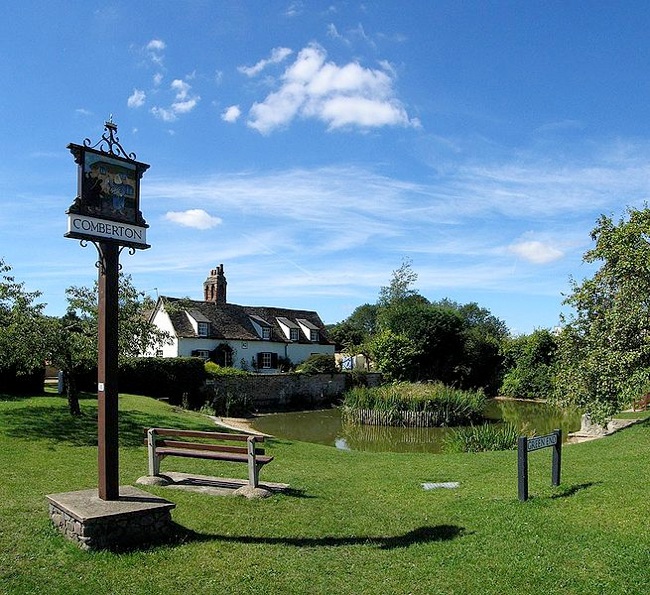The Tragedy of the Commons

One might wonder if there is a need for any kind of government regulation in order to curb emissions of carbon dioxide. Some people are of the opinion that there is already too much regulation and that these kinds of problems can just take care of themselves. Isn't it enough that we all recognize that to avoid the damages from climate change, we need to reduce our emissions of greenhouse gases?
The problem here is a lack of economic incentive in dealing with an entity like the global atmosphere that is shared by all and owned by none. This problem has been recognized for a long time, but was first made popular by an ecologist, Garrett Hardin, in 1968 and is commonly known as "The tragedy of the commons." Here is a nice video that describes the essence of this idea. Hardin's concept is fairly simple, and he illustrated it with a kind of parable, as described in the video. Suppose there is a common piece of grassland in a village — the commons — and it is owned by no one but is available for all to use. These commons still exist in many areas, such as the village of Comberton in England:

Comberton Village Green
Credit: Work found at http://en.wikipedia.org/wiki/File:Comberton_village_green.jpg / CC BY-SA 3.0 (http://creativecommons.org/licenses/by-sa/3.0/)
In most cases, the use of the commons is regulated by the community, but in this case, we'll pretend there are no regulations. People start to graze their sheep on this nice grass and they benefit from that. Based on the size of the field and the rate of grass growth, there is a carrying capacity for the field — the maximum number of sheep the field can support in a sustainable manner. If you put more sheep on the land than the carrying capacity, the resource will dwindle and eventually disappear altogether and at that point it will be of no use to anyone. But as long as there is any grass at all, it is to each individual's benefit to continue to place new sheep in the field. So, overgrazing is inevitable in this case and the common resource is depleted. There are many documented examples of this kind of occurrence, and they all are related to cases where there an open-access resource available to everyone.
How can this tragedy of the commons be avoided? One way would be for the community to impose a cap-and-trade system on grazing. Here is how it could work. The community studies the problem and figures out what the carrying capacity of the field is in terms of number of sheep. Then they allocate grazing share equally to everyone in the community. Community members can buy and sell these shares so that if someone does not want to deal with sheep, they can still benefit from the common resource by selling their shares to someone who is willing to graze more sheep. The shares would be re-allocated each year in case the carrying capacity changed. Another approach might be for the community to sell the land to individuals and then let each individual farmer manage their own plot of land, in which case they would have an economic incentive to manage their land in the best way possible, avoiding the over-grazing problem. The community might place some restrictions on what the owners could do with the land, like preventing them from putting up apartment buildings or a feedlot; this would effectively be like the zoning regulations that most communities have.
The point to take away from this is that when you have a commonly held resource with open access, everyone has to act together in a coordinated, regulated way in order to avoid depleting or damaging the resource and ensuring that the resource serves the best interests of everyone affected by the resource. In the case of carbon dioxide emissions into the atmosphere, the best interests of everyone can only be served if there is some form of a regulatory plan, otherwise we will succumb to the tragedy of the commons. Furthermore, the reduction of carbon dioxide emissions has to be coordinated so that each country has confidence that if they do their part, the other countries will do their parts and the global concentration of CO2 will stabilize or even become lower. This has in principal already been done and agreed upon by most of the countries of the world through the Kyoto Protocol — the US is the only significant holdout.